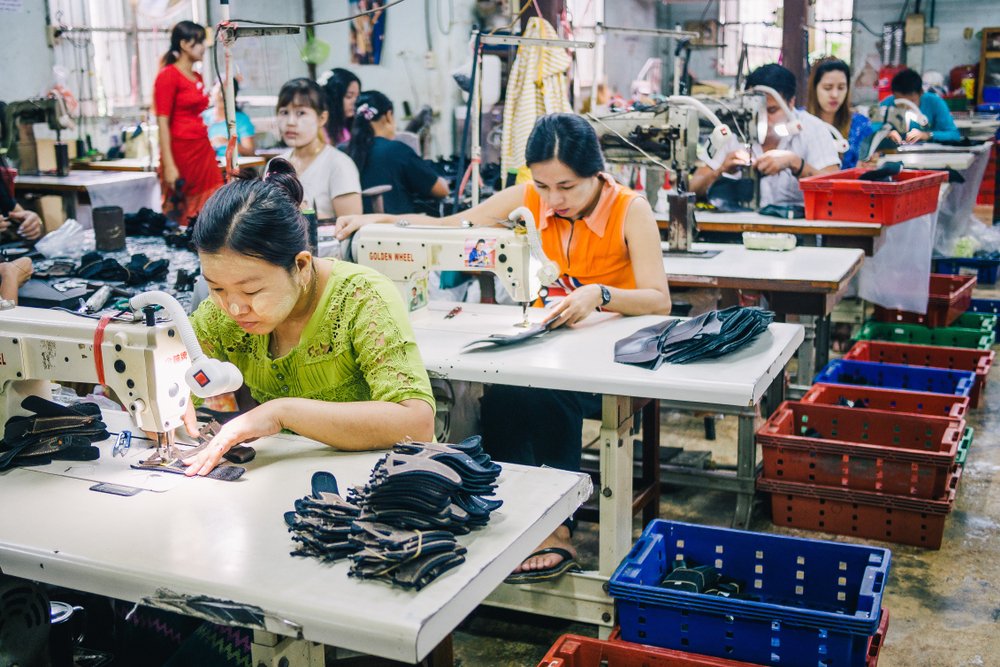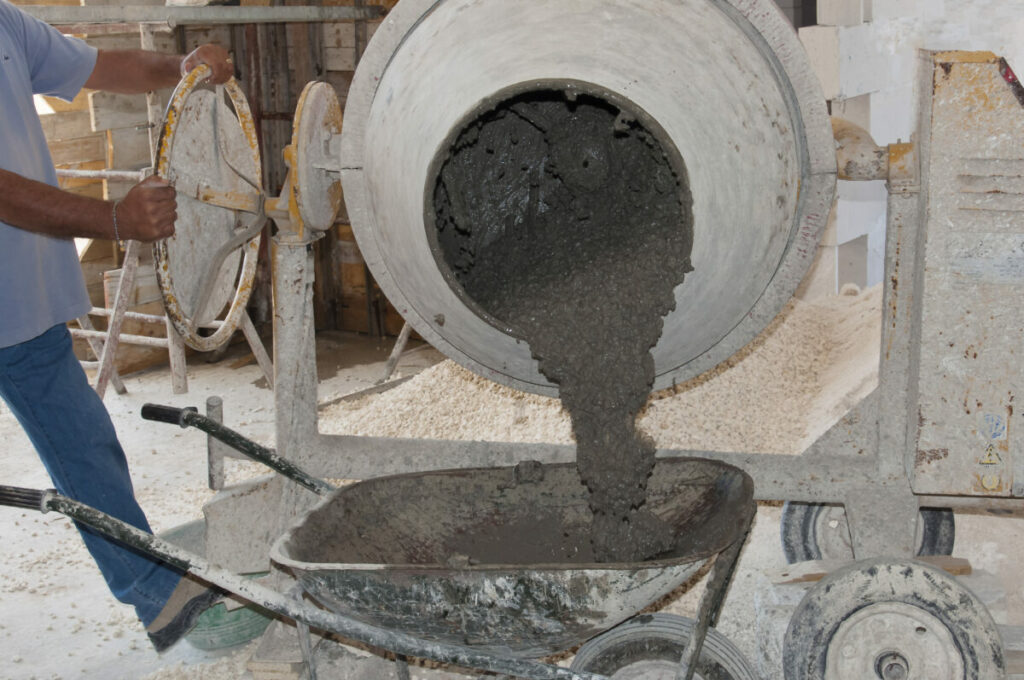On 1 February 2021, Myanmar’s military seized power in a violent coup which has resulted in a political, economic and humanitarian crisis throughout the country, reversing its hard-fought democratic progress.
Since then, the military junta has continued to kill, arrest and displace thousands of politicians, activists and workers in Myanmar. Official reports indicate that nearly 3,000 people have been killed, nearly 17,000 detained and more than 1.5 million displaced.
These human rights violations have been casting a shadow over the global fashion industry as, prior to the coup, the clothing industry employed 700,000 people and was Burma’s fastest-growing sector, accounting for 28% of all exports.
Since 2021, international fashion brands which have continued to rely on the country’s garment factories have come under scrutiny. Global union IndustriALL has been calling on companies to disinvest from the country, urging them to make a ‘responsible exit’ from their Myanmar connections.
“Hundreds of thousands of workers have already lost their jobs,” the union said.
“Trade unionists and workers taking part in peaceful demonstrations are being hounded by the military. People in military or police custody are brutally tortured, often leading to death,” it added.
“We strongly believe that the support and strict adherence of brands to enforcing comprehensive economic sanctions will greatly contribute to restoring the free exercise of the fundamental rights of people in Myanmar.”
Subscribe to Sustainability Beat for free
Sign up here to get the latest sustainability news sent straight to your inbox every day
Big fashion companies have been hearing IndustriALL’s calls and have withdrawn from the country, such as H&M’s recent decision to phase out its use of Myanmar suppliers following reports of human rights abuses within its garment factories.
However, H&M isn’t alone in this ethical realignment, as other fashion giants including Primark, Marks & Spencer, and Zara owner Inditex have also outlined their strategies for a responsible exit from the territory.
H&M to phase out Myanmar suppliers
Swedish fashion retailer H&M recently announced it will begin to phase out Myanmar suppliers as reports of human rights abuses in the country increase.
“After careful consideration we have now taken the decision to gradually phase out our operations in Myanmar,” H&M told Reuters.
“We have been monitoring the latest developments in Myanmar very closely and we see increased challenges to conduct our operations according to our standards and requirements.”
H&M didn’t give a timeframe for its withdrawal but said it would follow the “responsible exit framework” developed by IndustriALL.
Primark aims for a responsible exit
Earlier this month, Primark also unveiled its plans to stop sourcing from Myanmar.
Primark stopped placing new orders in October 2022 and expects its final orders from the country to ship before the end of the year.
Addressing the concerns that retailers’ exits will negatively impact workers, a Primark spokesperson revealed that it has increased factory visits and oversight to ensure it is able to make a responsible exit.
“Since taking the very difficult decision to stop sourcing from Myanmar, we’ve been working in close collaboration with local and international stakeholders including IndustriALL, local trade unions and basic labour organisations in addition to factories and suppliers, to exit responsibly,” they said.
“As we work towards our exit, we’ve doubled the size of our Ethical Trade team on the ground, enabling us to more regularly visit the factories we still work with and giving us greater visibility.”
M&S completes its ‘responsible exit’
In March 2023, Marks & Spencer’s succeeded in a “responsible exit” from Myanmar after findings of a severe human rights and labour risks in the garment sector.
In a response to the report, M&S stated: “We do not tolerate any human rights abuses within any part of our supply chain and are now working towards a responsible exit from Myanmar, in line with our Responsible Exit Policy, which will see an exit by March 2023.”
A M&S spokesperson told Sustainability Beat that the brand did stop sourcing from Myanmar in this time frame
“In line with our Responsible Exit policy, we stopped sourcing from Myanmar in March after it became clear that it was impossible for our Global Sourcing Principles to be upheld,” the spokesperson said.
“Before exiting, we worked closely with bodies including the Ethical Trading Initiative to ensure human rights were upheld by our suppliers,” they added.
Inditex begins ‘phased’ exit strategy
Zara owners Inditex also announced the company is set to phase out its suppliers in Myanmar after it was reported that five garment workers and three union activists in the region faced trial after being arrested for protesting for a higher salary.
Inditex spokesperson told Sustainability Beat that the brand “is in the process of a phased and responsible exit from Myanmar”.
“As a result, we continue to reduce the number of active manufacturers in the country,” it added.
In order to make a responsible exit the fashion giant said in an online statement it “maintains proactive open communication channels in the country with different stakeholders including worker representatives, civil society and institutional organisations” as part of its reinforced due diligence process.
















1 Comment. Leave new
Many of these brands never minded what was going on before. They went for the cheap labour and made a lot of money off the back of the poor workers. Now they suddenly grow a conscience.